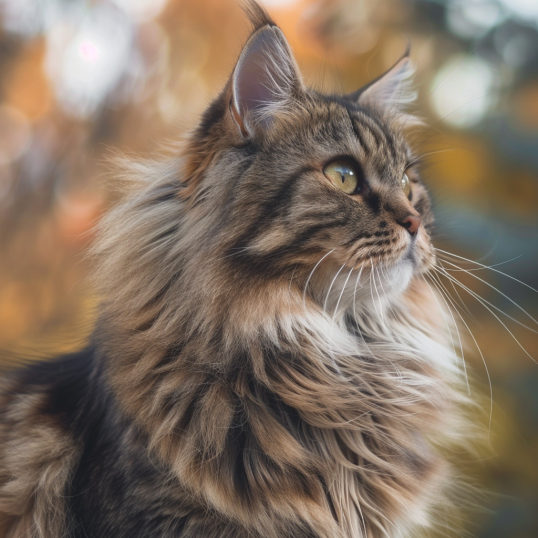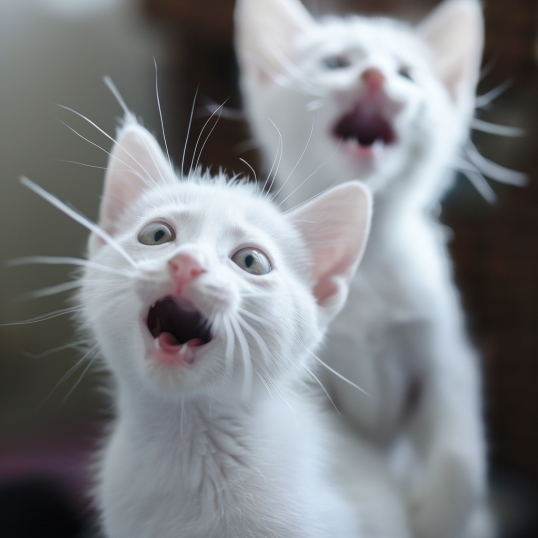As a passionate copywriter with a penchant for feline history, I’ve always been fascinated by the stories behind cat names. These names, rich in heritage and meaning, offer a glimpse into the cultures and societies from which they originate. Let’s embark on a whiskered journey through time, exploring the evolution of cat names and the tales they tell.

In the Beginning: Ancient Civilizations
The tale of cat names begins in ancient Egypt, where cats were revered as sacred creatures. The Egyptian word for cat, “Mau,” reflected the sound of a cat’s meow, showcasing an early attempt to mimic the natural vocalizations of these revered animals. Cats were associated with the goddess Bastet, symbolizing protection, fertility, and motherhood. Names were often chosen to honor this deity, emphasizing the cat’s divine status in Egyptian society.
The Middle Ages: From Reverence to Revilement
As we move into the Middle Ages in Europe, the cat’s status took a darker turn. Cats, especially black ones, were often associated with witchcraft and bad luck. However, even in these times, some cats were given names that reflected their physical traits or personalities, such as “Soot” for a black cat or “Pounce” for an agile hunter. These names, while simpler, began to hint at the personal bond between cats and their human companions.
The Renaissance: A New Dawn for Cat Names
The Renaissance period marked a renewed interest in the arts, science, and the natural world, which included a more nuanced appreciation for cats. Aristocratic families in Italy began naming their cats after characters from mythology and literature, such as “Leo” after the lion-hearted heroes of ancient tales. This period underscored a shift towards more elaborate names, reflecting the cats’ personalities and the owners’ intellectual interests.
The Victorian Era: The Domestication of Cat Names
The Victorian era brought about a significant change in how people viewed their pets. Cats were no longer just hunters or symbols; they became beloved members of the family. This emotional closeness was reflected in the names given to them, which became more personal and affectionate. Names like “Mittens” or “Tibby” showcased the endearing qualities of cats, while “Whiskers” highlighted their charming physical attributes.
The Modern Era: A Global Melting Pot of Names
Today, the naming of cats is a global phenomenon, influenced by a melting pot of cultures, languages, and media. Pop culture has a significant impact, with names like “Simba” from “The Lion King” or “Luna” from “Sailor Moon” gaining popularity. Meanwhile, the internet has brought about quirky names like “Keyboard Cat” or “Grumpy Cat,” celebrating the unique personalities of viral feline sensations.
The Evolution Continues
The history of cat names is as diverse and dynamic as the cats themselves. From sacred symbols in ancient Egypt to beloved family members in modern homes, the evolution of cat names reflects changing attitudes towards these enigmatic creatures. As we continue to welcome cats into our lives, their names will undoubtedly keep evolving, capturing the essence of the times and the unbreakable bond between humans and their feline friends.
So, whether you’re naming a regal Siamese “Cleopatra” or a sassy tabby “Taco,” remember that you’re contributing to a rich historical tapestry that spans thousands of years. In the end, each name, be it ancient or modern, holds a story waiting to be told, continuing the timeless tradition of celebrating our whiskered companions.


